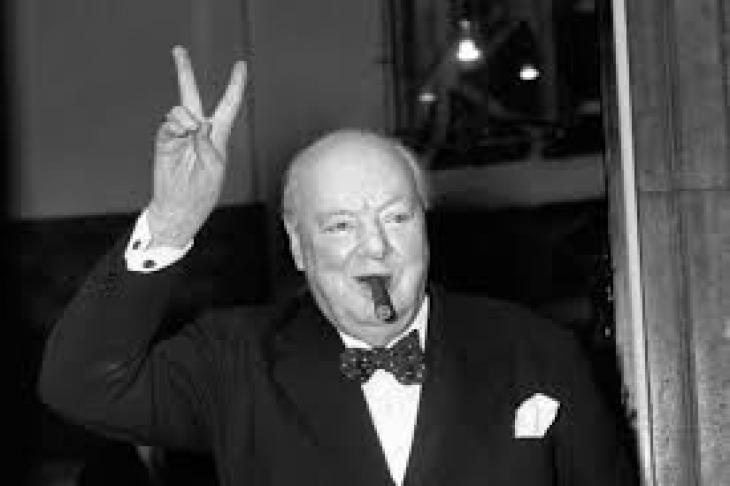
By Publisher Ray Carmen :
Imagine, for a moment, the indomitable spirit of Winston Churchill not confined to crackling BBC broadcasts or dense wartime memos, but tweeting live from the situation room—thumbs at the ready, hashtags blazing, cigar smoke curling into the blue light of a phone screen. “Never in the field of human conflict,” he might type, “was so much owed by so many to so few. #RAF #BattleOfBritain”
Winston Churchill, Twitter Statesman
Churchill was a master of rhetoric. His speeches carried nations, stirred hearts, and rallied resistance against overwhelming odds. Twitter, with its 280-character limit, might seem too cramped a stage for such a towering figure—but Churchill loved a challenge.
He would likely use the platform not just for declarations, but as a weapon of morale. Amid war, Churchill would craft threads like miniature fireside chats—defiant, witty, and rich with metaphor. His trademark blend of wit and gravitas would turn Twitter from a place of fleeting outrage into a digital command post for resilience.
Churchill’s Hypothetical Tweets
-
“To each, there comes a moment. Ours is now. Let us rise, not falter. The lights may dim—but our resolve shall not. #ThisIsOurFinestHour”
-
“Yes, I nap. I sip brandy before noon. But I am also plotting your liberation. #WorkLifeBalance”
-
“Some see a bulldog. I see a Brit who bites last. And hardest. #NeverSurrender #Churchillisms”
He’d surely delight in dueling with detractors too—maybe sparring with fascist accounts or throwing barbed quotes at appeasers:
“An appeaser is one who feeds a crocodile—hoping it will eat him last.”
Replying to @ChamberlainFan1940: “Still think we can talk to Hitler?”
Twitter as a New Dunkirk
Churchill understood the power of messaging—not just to inform, but to fortify. During the darkest days of WWII, when Britain stood alone, his words were weapons. In our era, where narratives move at broadband speed and misinformation spreads like blitzkrieg, he might have used Twitter as a way to cut through chaos with clarity and steel.
He might also have redefined digital leadership—responding directly to anxious citizens, quelling rumors, or calling for unity in moments of national strain.
What Would He Make of It All?
Churchill, with his love of history and disdain for bureaucracy, might have loathed the platform’s trivialities—but loved its immediacy. He once said: “History will be kind to me, for I intend to write it.” With Twitter, he wouldn’t just write it—he’d trend it.
#ChurchillWasHere
A Churchill Twitter account today would be more than nostalgia. It’d be a case study in leadership under pressure, of how words can anchor a nation. His tweets would be clipped into classroom lectures, quoted in parliament, maybe even misused in memes.
But one thing is sure: amidst the noise of the 21st-century feed, his voice would still boom—measured, majestic, and unmistakably Churchill.




